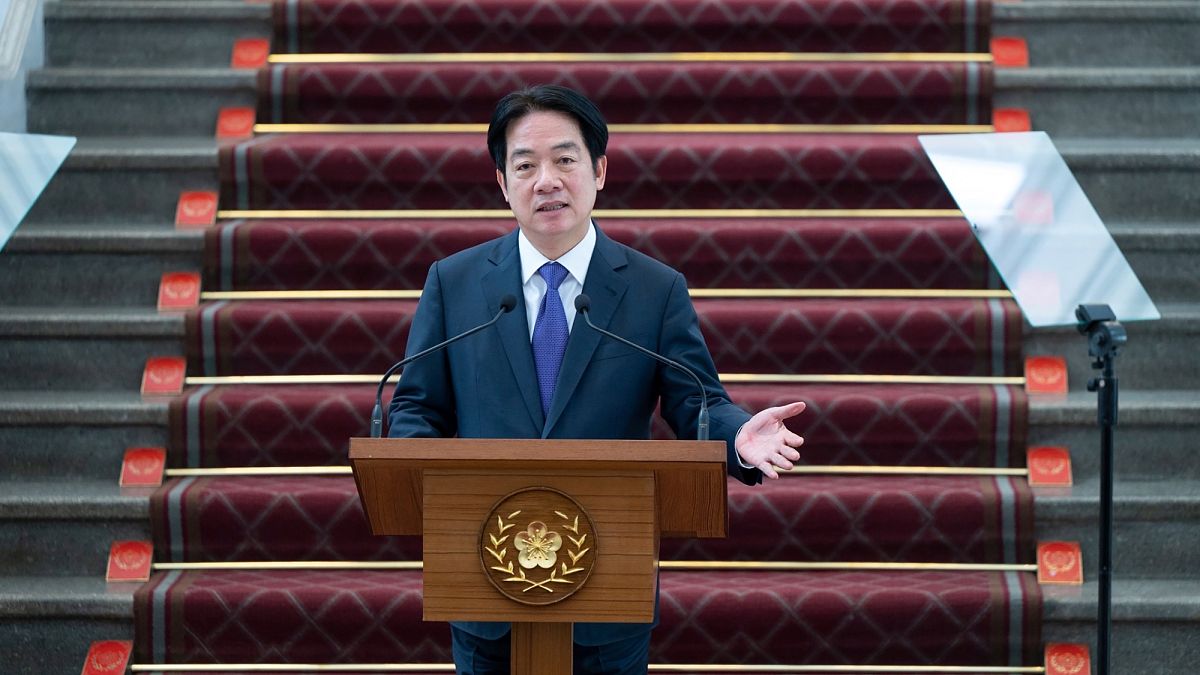Taiwan President Lai Ching-te said on Friday he would communicate more with the US over President Donald Trump’s concerns over the chip industry and invest more in the US hours after Trump ordered reciprocal tariffs on trade partners.
Trump said on Thursday that Taiwan had taken away the US chip business and said that he wanted it back in the country. Taiwan’s TSMC is the world’s largest chipmaker and produces chips for companies including Apple, Intel and Nvidia.
In a news briefing after holding a meeting of the National Security Council at the presidential office, Lai said that he was aware of Trump’s concerns. He described Taiwan’s semiconductor industry as well as the global semiconductor industry is part of an “ecosystem” in which countries specialize in different areas.
“The global semiconductor industry is an ecosystem, and it’s a division of work,” Lai said.
“In response to President Trump’s latest actions, Taiwan needs to respond calmly, and communicate well with the industries,” Lai said.
“We hope to create a win-win scenario, not just to ensure benefit to the U.S. but also to ensure that Taiwan‘s industries has room from growth.”
His comments came hours after Trump ordered reciprocal tariffs on trade partners that tax US imports, a move that could threaten a global trade war.
The US does not recognise Taiwan as a country, but is its strongest backer and biggest arms provider. But bilateral relations between the two are less certain amid Trump’s seemingly transactional approach to geopolitical relations.
Lai said his government would propose a “global semiconductor democratic supply chain partnership initiative” and said he would be willing to work with partners such as the US to build a more resilient and diversified semiconductor supply chain.
Lai said that Taiwan will maintain communication with the US to help the new government better understand that Taiwan is an “indispensable partner in the United States’ process of rebuilding its manufacturing industry and consolidating its high-tech leadership.”
Over the past two years, more than 40% of Taiwan’s overseas investments are US bound, Lai said, exceeding that of investments in China.
Lai also said Friday that he would propose a “special budget” to increase defense spending to over 3% of Taiwan’s gross domestic product.

